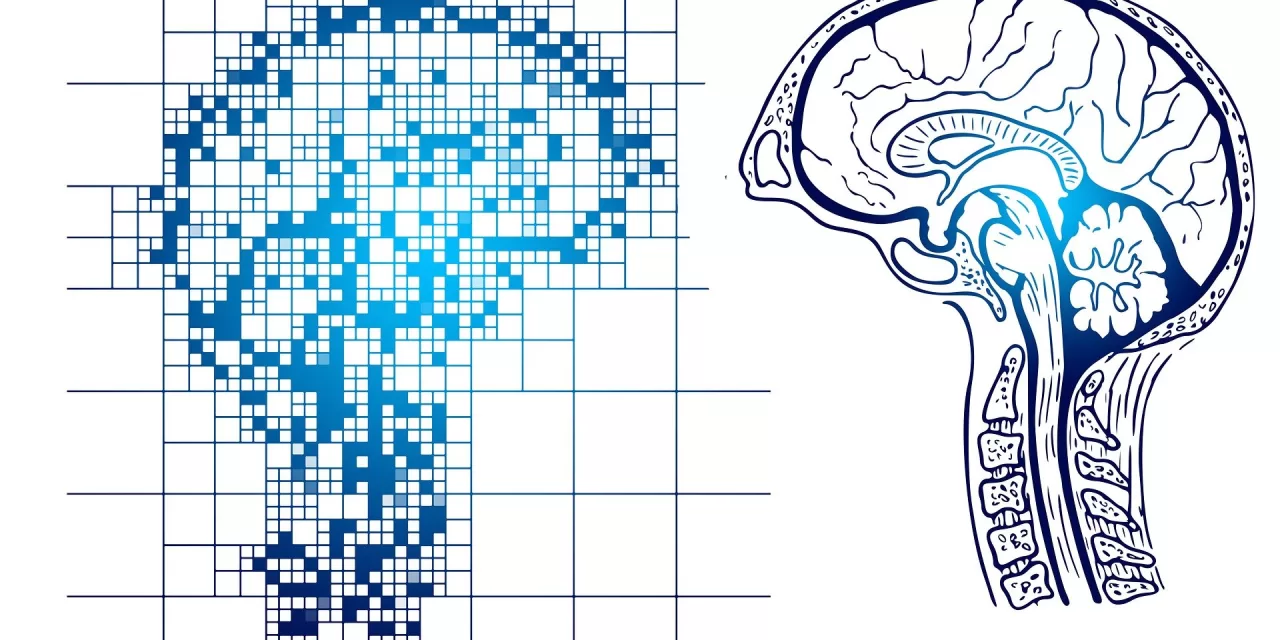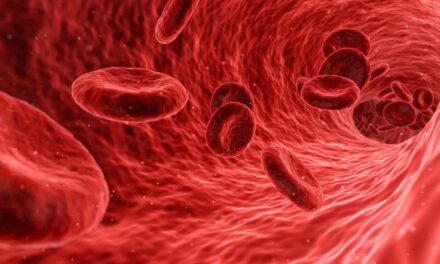The integration of artificial intelligence (AI) into drug discovery and development has generated a wave of excitement and skepticism among scientists, investors, and the public. While some claim that AI is poised to transform drug development, others urge caution, pointing to challenges that remain unsolved.
“AI is taking over drug development,” say some AI-driven companies and researchers, as interest grows in using AI to design drugs and optimize clinical trials. A notable example of AI’s promise is AlphaFold, which won the 2024 Nobel Prize for its ability to predict the structure of proteins and design new ones, underscoring AI’s potential to accelerate drug development.
However, not everyone is convinced. Some industry veterans caution that the current AI-driven drug discovery processes may be overhyped. “AI’s potential to accelerate drug discovery needs a reality check,” they argue, citing the high failure rate of drugs in clinical trials, which remains around 90%. Unlike its success in areas like image analysis, AI’s impact on drug development is still uncertain.
As pharmaceutical scientists with backgrounds in both academia and the pharmaceutical industry, as well as experience with the Defense Advanced Research Projects Agency (DARPA), we believe that while AI is not yet a game-changer in drug development, it is not a “black box” either. When used wisely and competently, AI could help address key challenges in the drug development process and streamline the lengthy, costly journey of bringing new treatments to market.
AI in Drug Discovery: A Double-Edged Sword
AI has been applied to various stages of drug development, including identifying targets in the body, screening potential candidates, designing drug molecules, predicting toxicity, and selecting patients for clinical trials. Between 2010 and 2022, AI-focused startups discovered 158 drug candidates, with 15 advancing to clinical trials. Some candidates even entered human trials just 30 months after preclinical testing, compared to the typical 3 to 6 years required.
Despite these successes, the real test comes in clinical trials, where the majority of drugs fail. AI platforms may rapidly identify promising compounds in lab settings or animal models, but their effectiveness in human trials remains highly uncertain. This uncertainty stems from AI’s reliance on small, low-quality datasets in drug development, compared to other fields like image analysis, which benefit from large, high-quality datasets.
For instance, while AlphaFold has made great strides in predicting protein structures, its applicability in drug design is still a work in progress. Even slight changes in a drug’s structure can significantly affect its activity and efficacy in the body, making precision in drug design a critical challenge.
The Survivorship Bias Problem
AI, along with past innovations such as computer-aided drug design and the Human Genome Project, has certainly improved aspects of drug development. However, the failure rates of new drugs remain high. Most AI researchers focus on specific tasks within the drug development process, using high-quality data and specific questions. However, many lack an understanding of the full scope of drug development, which leads to an overemphasis on refining individual steps rather than tackling the root causes of failure.
In many ways, this mirrors a historical flaw in aerospace engineering, where the military focused on reinforcing the wings of aircraft that made it back from combat, without considering the vulnerabilities of planes that didn’t return. Similarly, current drug development processes, including those using AI, often neglect the more critical factors that contribute to the high failure rates of drugs in clinical trials.
Addressing Root Causes of Drug Failure
Drug failures in clinical trials are not solely due to study design; a significant factor is selecting the wrong candidates for testing. AI has the potential to address these issues by predicting drug safety, efficacy, and dosage.
We and our colleagues propose a machine learning model designed to predict the dosage, safety, and efficacy of drug candidates. By analyzing overlooked features—such as how specifically a drug binds to targets in the body, its concentration in healthy and diseased tissues, and its structural properties—AI could help identify more promising drug candidates for testing in clinical trials.
One approach could involve phase 0+ trials, where ultra-low doses of drugs are tested in patients with both severe and mild diseases. This could help researchers identify the most effective drugs and reduce the costs of traditional clinical trials, which often rely on a “test-and-see” approach.
Looking Ahead: AI as a Tool, Not a Magic Bullet
While AI is not likely to revolutionize drug development overnight, it has the potential to address key challenges and streamline the drug approval process. By focusing on the root causes of drug failure—such as incorrect dosage, toxicity, and efficacy—AI can help reduce the time and costs of developing new treatments, bringing us one step closer to a more efficient and effective drug discovery process.
As the field evolves, AI’s role in drug development will depend on how well it is integrated into existing processes and how effectively it can be used to address long-standing challenges. The future of drug development may not be solely reliant on AI, but its potential to enhance and accelerate the process is undeniable.
Provided by The Conversation












